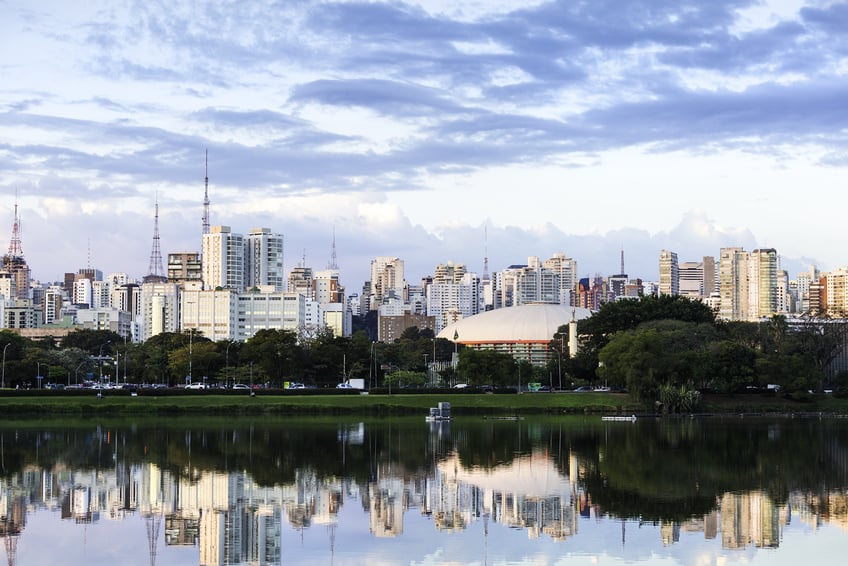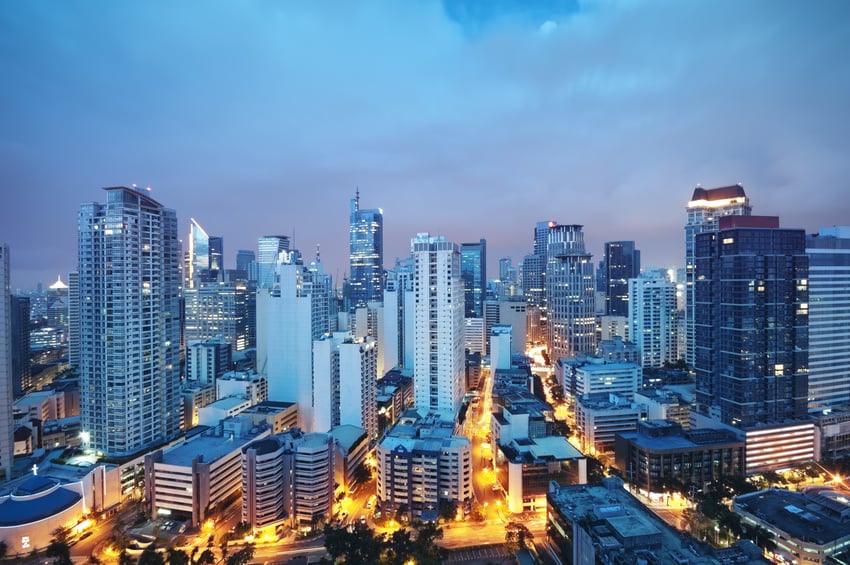Brazil has attracted world attention for widespread corruption. Although the media focuses on Brazilian nationals (especially top politicians and businessmen), multinational companies and their domestic subsidiaries are also being investigated for domestic or foreign bribery. The Car Wash Operation (“Operação Lava Jato”) has spotlighted fragilities on regulation and Operation Zelotes (“Operação Zelotes”) at the Brazilian Tax Board of Review (“CARF”) also encompasses more than seventy foreign companies with problems on compliance and corruption.
Brazil is burdened by a complex regulatory environment. Many initiatives have been undertaken to tackle corruption and promote transparent markets. Unlike in the U.S., corporations are not liable for criminal penalties: criminal charges are reserved for individuals and employees only. However, civil and administrative penalties can be lethal for the reputation and financial viability of companies.
Since the 1990s Brazil has revised and strengthened anticorruption legislation. By law, corrupt practices are those that involve government officials and are subject to criminal, civil and administrative enforcement. One of the most recent laws is the Clean Company Act of 2013, regulated by the Decree No. 8,420 of 2014. It stipulates strict corporate liability at the administrative level for corrupt practices. The Decree promotes internal prevention and self-reporting, such as compliance programs and leniency agreements. Other important legislation includes Law No. 12,850/2013 (Law on Organized Crime), Law No. 9,613/1998 (Anti-money Laundering Law), Law No. 8,666/1993 (Public Tender Law) and Law No. 8,443/1992 (Federal Court of Accounts Law).
International cooperation has also been essential to identify the trail of illegal money, to block and recover assets, as well as to find and extradite suspects, as demonstrated with the Car Wash investigations. Brazil is a signatory to the OECD Anti-Bribery Convention, to the United Nations’ Convention against Corruption (UNTC), and the Inter-American Convention Against Corruption (IACAC).
The Supreme Court in Brazil has played an important role in tackling corruption. On October 5th, 2016, the Court confirmed that judicial decisions are enforceable following a second appeal, rather than waiting for the final review of the higher courts. This change has encouraged sentenced individuals to negotiate pleas and to disclose corrupt practices.
For companies violating Brazilian anti-corruption laws, the consequences can be very costly. For example, with the Clean Company Act, per Article 6:
- Fines range from 0.1 per cent to 20 per cent of the company’s gross revenue in the year prior to the commencement of the investigation (taxes excluded) in an amount not lower than the benefit obtained, whenever it is possible to estimate it. The law stipulates in Paragraph 4 fines of $1,850 to $18,505,000 (R$6,000 to R$60,000,000) if it’s not possible to apply the gross revenue criteria.
- Publication of the judicial decision.
Article 19 of the same law stipulates:
- Confiscation of assets
- Suspension in part or in whole of the company’s operations
- Debarment from contracts, receiving tax breaks and other incentives from the Brazilian government for a minimum of one year to a maximum 5 years, and
- Compulsory company dissolution.
If you are an executive of a multinational company in Brazil or considering investing there, make sure your company’s compliance and diligence plans are formalized and reinforced by management. Otherwise, the consequences of less than rigorous attention to your responsibilities can be more onerous than you expected.



